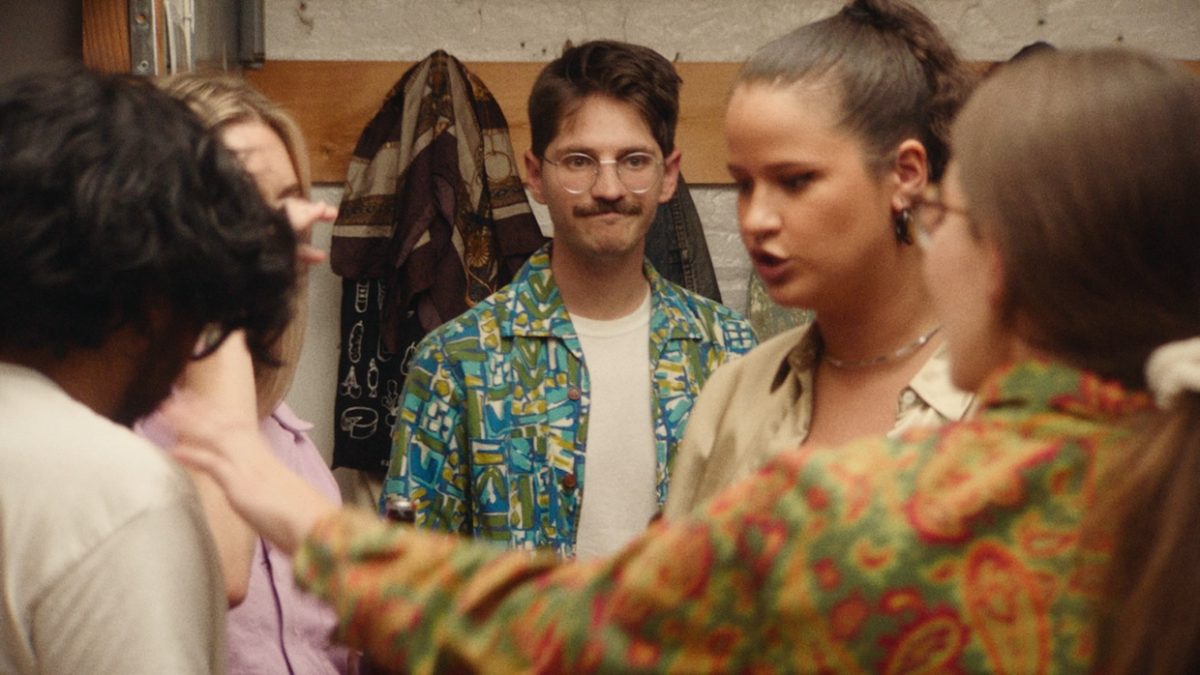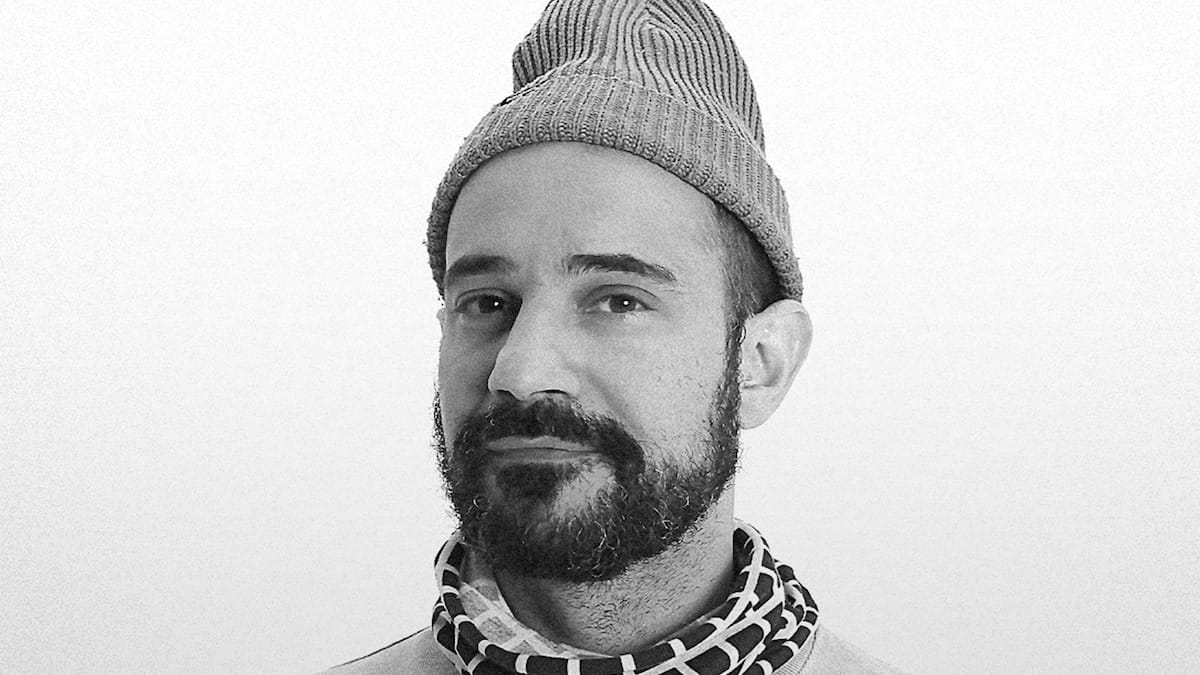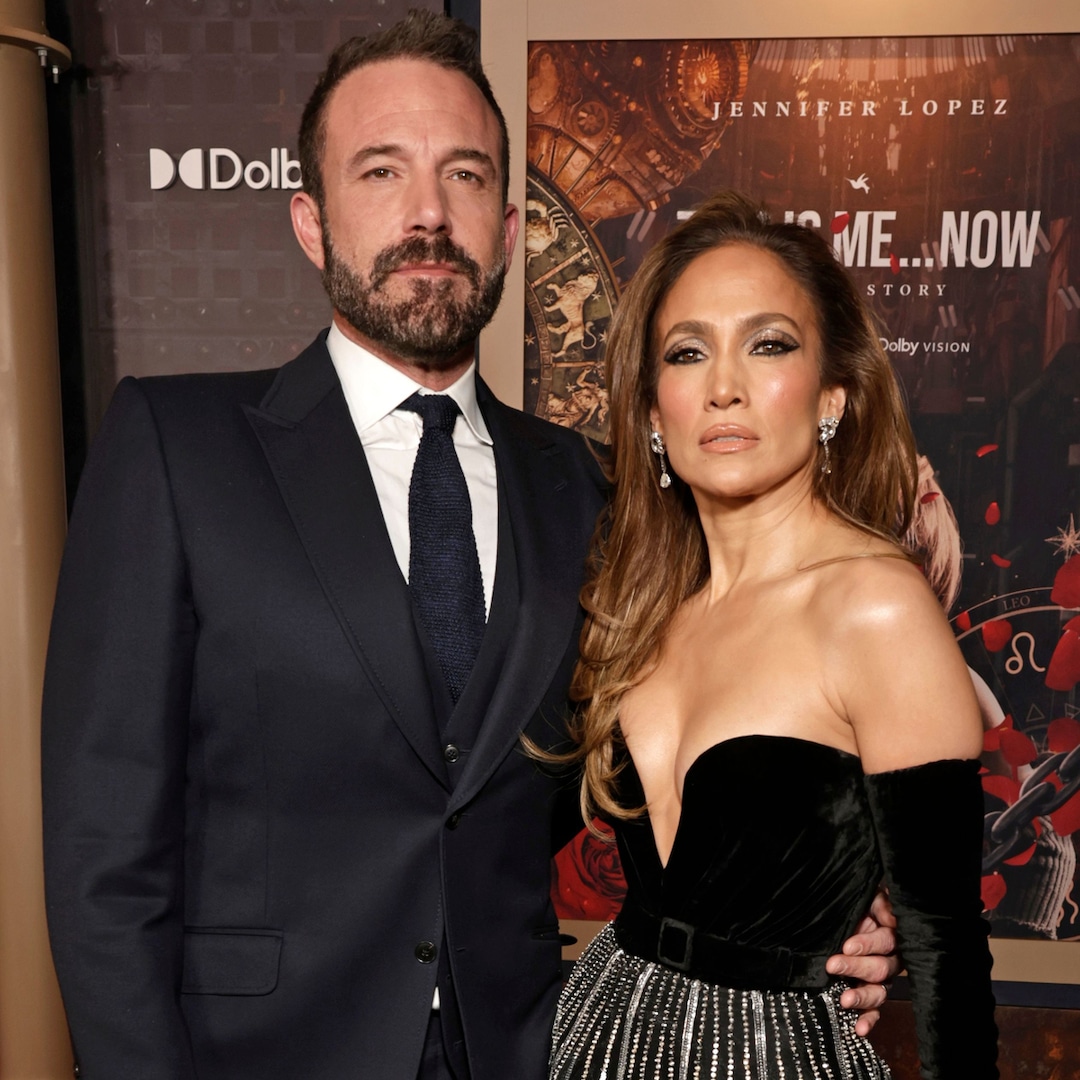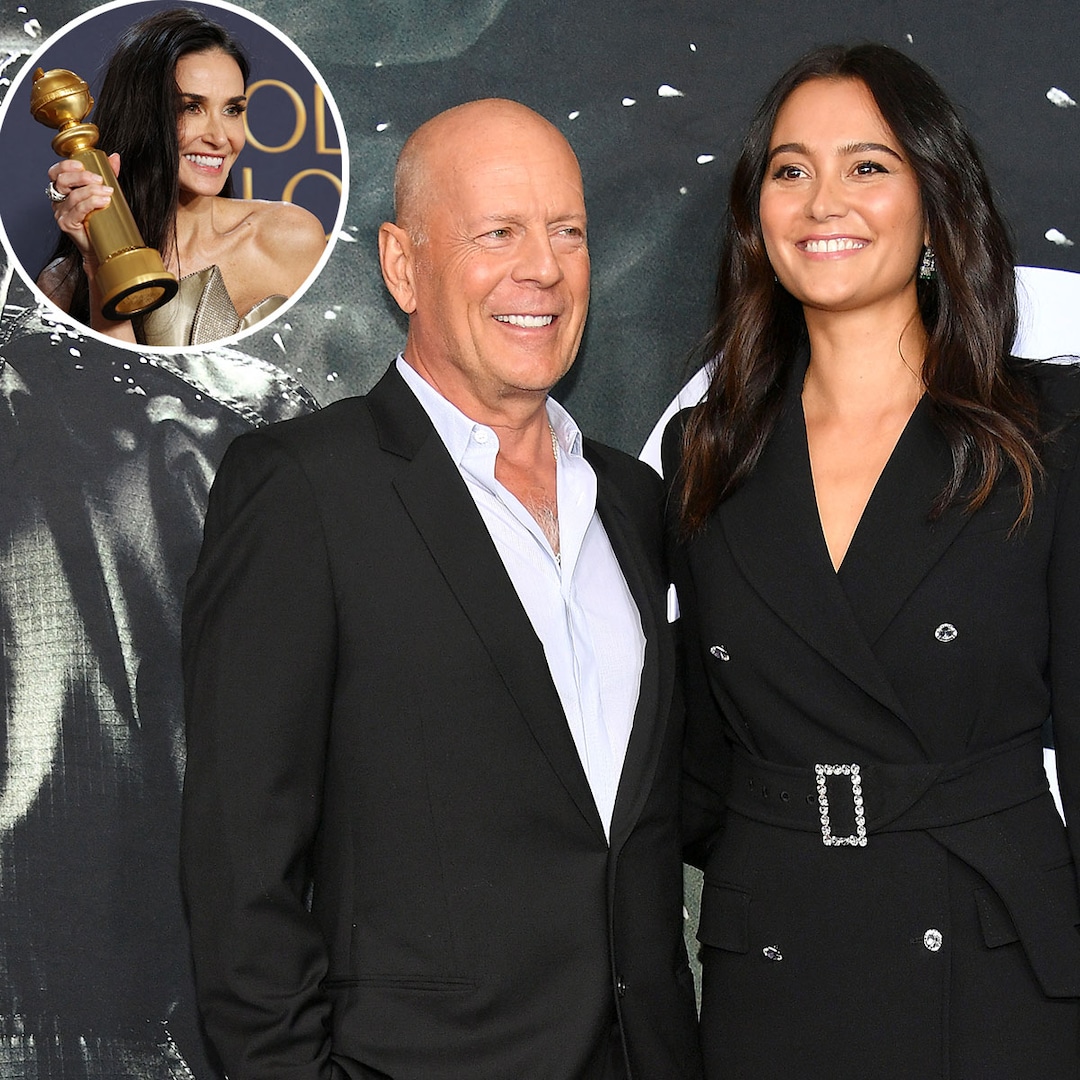
“It’s a Confusing World That We Inhabit”: Ryan Martin Brown on Free Time
Mar 22, 2024
Colin Burgess in Free Time
In Free Time, writer-director-producer Ryan Martin Brown’s debut feature, directionless office drone Drew (comedian Colin Burgess) decides to quit his job. After all, the position is hardly fulfilling (nor is he particularly gifted at it), and why spend all day bleary-eyed behind a screen when all that New York City has to offer exists just outside the door? Soon enough, Drew’s naive work-life musings are proven to be drivel, and his joblessness puts a mighty strain on his few remaining social relationships. His WFH roommate Rajat (Rajat Suresh) doesn’t seem thrilled with Drew’s daytime presence in the apartment, nor does his girlfriend (comedian Holmes). Even the band he occasionally “plays” in is exhausted by his escalating feedback during practice.
Without any substantial savings, income or general purpose, Drew finds unemployment to be far more stressful than using Excel for eight hours daily. He desperately resolves to get his job back, only to realize that he’s been replaced by a company that never cared for him in the first place. Scorned by a workplace peddling empty corporate platitudes only to refuse rehiring him, Drew becomes the unlikely leader behind a growing group of adrift former office workers. Still, all he seems to yearn for is the meaningless desk job he willingly left behind.
I spoke to Martin Brown via Zoom a few weeks before Free Time begins its theatrical run at NYC’s Quad Cinema. Our conversation includes the filmmaker’s musings on collaboration, creative fulfillment and treating the film’s brief Brooklyn shoot as “a nice time capsule.”
Filmmaker: The last time we connected, you were a producer on Justin Zuckerman’s debut feature Yelling Fire in an Empty Theater. Now he’s credited as a producer on your first feature. Can you speak to how your collaborative network, including everyone at the production company you co-founded 5th Floor Pictures, work to make movies together?
Martin Brown: I think we’re about to keep the chain going right after this. Paula [Andrea González-Nasser], who’s a producer on this movie, is about to make something and I’ll produce that, too. 5th Floor Pictures was born out of the fact that we all went to this film program in Florida, the FSU film school in Tallahassee. It’s a pretty small class, and everybody gets to make their own movie. The entire rest of the time that you’re in school—there’s not much in-classroom learning—you have to work on everyone else’s movies. We did that for years. The way that we learned how to make movies was organic. When we left [Florida] and came up here, we got in the habit of doing the same thing.
There’s maybe a little bit of an underdog-like feeling to it. Especially during the first few years after moving up here, there was a culture shock. But that method of collaboration has always worked, and I hope that it continues to. It’s really nice to do your movie when you have something that you feel passionate about, but it can also be really nice to get away from yourself and do someone else’s movie for a while, too.
Filmmaker: In terms of development, when did the idea for this script materialize and how did you work to get it realized?
Martin Brown: I was writing a few different movies for years, and they were all thematically similar. I got stuck on this idea of figuring out how to do a movie where, as opposed to a character having a want and then these obstacles are introduced, a character has a want that is fulfilled right at the beginning of the movie. What happens from there?
I was writing a movie for Jessie Pinnick, a friend who’s in a scene in Free Time, while we were making Yelling Fire. Then COVID happened and I was feeling frustrated, so I thought, “You know what? I’m just going to write something.” It might’ve been inspired by doing Justin’s movie, and it also literally takes place in Justin’s apartment again. The simplest version of the idea was about a guy who has a job that doesn’t want until he quits. It was just supposed to be a distraction while stuck inside during COVID. I think during the whole first version of the script, everyone [who I wanted to cast was written as] their real names. I ended up putting it away for a while. Two years later, we still couldn’t really figure out how to make the movie work. Eventually, I realized it was pretty possible.
Filmmaker: With the production company, is there a kind of schedule you have to adhere to since everyone is working on each other’s projects? How do you navigate the different productions actually being realized?
Martin Brown: It’s not even a real production company [laughs]. The joke that we always say is that it’s just an Instagram account. There’s no true existence to it, in a weird way. It’s taken different forms over the years. There was one year where we were like, “We’ll be legit, make a website and maybe try to get some commercial work.” Our hearts were in maintaining that level of legitimacy, but at a certain point it just became an Instagram account that we had. When we worked on a 5th Floor thing, we’d post about it on Instagram.
All of the projects basically come from the director and the writer. If someone comes to us and they’re like, “We want to do this,” it usually happens to be someone that we’ve known for a long time and collaborate with. No credit, really, should go to the production company. All of those projects are put together by the artists, but It’s a little less lonely sometimes to [be under] an umbrella with a few other people’s projects.
Filmmaker: Similarly, you state in the press notes that a lot of the film was specifically written for the performers. How did you envision who would play what roles, and how did you tailor dialogue and actions to best suit their characters? How much improvisation was there, especially with the comedians shaping their own characters?
Martin Brown: It was really helpful to just imagine someone. When you’re sitting there writing, you can kind of hear things in their voice if you spend a lot of time with them. Colin especially has such a defined comedic persona, and the same goes for Rajat, Holmes and tons of people in the movie. It was a super helpful writing tool, even though it was often very embarrassing to show people a script that had their names in it. Some days I would get nervous, make up a name, then do control-F to replace the real name in the script and just swap it back out later.
But on set, we were pretty loose. I don’t know that there was ever an instance where we were improvising, but there is a bit in the movie where Bardia Salimi comes and is yelling at Colin on the street. It was originally differently written, then on the subway over to the shoot that morning he wrote something else instead. Honestly, what he came up with was way better than what was in the script.
Filmmaker: I know you shot for 10 days in New York City, and I’d love to know some more details about the locations you captured. What was the location scouting process like, and what felt most important to capture about the city?
Martin Brown: I don’t know that many people who have seen this movie and Yelling Fire, but while watching this, were you like, “That’s the same apartment?”
Filmmaker: I didn’t notice it because of the transition from Mini DV to digital. The fact you filmed during different seasons also changed the lighting a lot.
Martin Brown: We were joking, “Oh, maybe [the protagonists of Yelling Fire] all moved out and these guys moved in.” I live in Crown Heights—Justin lived in Crown Heights, too—and it’s great to put the places that you spend a lot of your time at in a movie. It’s a nice time capsule. Obviously, it also has to be logistical, and it’s helpful to only have to go up the block to shoot something. Something that the team and I talked a lot about was that it should be a beautiful New York. It should be always sunny, it should have that spring or early fall feeling. It should feel ideal, because then it becomes funnier that this guy can’t wrap his hands around it.
Victor [Inglés, the DP] was amazing. Whenever we would be setting up, he was constantly grabbing different shots. I think we have a 30-minute reel of just his New York City street photography that didn’t end up in the movie, but is really beautiful.
Filmmaker: One of my favorite aspects of the film is Drew’s endeavor as a musician, which is supposed to be fulfilling but, arguably, makes him feel as insignificant and unvalued as his desk job did. I’d be curious to pick your brain a bit more about how artistic pursuits—perhaps even filmmaking—can damage the ego and block personal enrichment in the same ways an unfulfilling day job might.
Martin Brown: Finding fulfillment in general is a tricky proposition in the sense that the more that want something, the harder it is to find something that will meet you halfway. In a lot of ways, that’s what this guy’s issue is. If he had a little more patience, maybe he could have figured it out a little bit better.
I don’t mean to talk about Yelling Fire a hundred times, but it was really important in my life. Justin’s willingness to say “whatever” was really freeing. I think he was open to having a bad time, essentially. That kind of openness, I think, was really valuable for me to see and did impact the decision of how we went about doing this movie—prioritizing being a creative person in a way where you’re letting it do what it will as opposed to telling what it needs to do.
Filmmaker: It’s almost like Drew can’t thrive underneath someone’s boot, but he also can’t take the reins of his own life. He needs to be told what to do, what he’s actually not happy with is the absence of validation—for his career performance, musicality or overall personality. Do you think this is true of most people, particularly those crossing the threshold between our 20s and 30s?
Martin Brown: It’s a confusing world that we inhabit, and I think it’s very easy to get turned around, lost and not know which way’s up. Drew’s interesting because he’s got enough of an antenna to know that something’s amiss, but not enough intuition to know what he should fill that void with. Like you said, validation becomes a really easy thing to want to move towards. Who am I to say that it’s an everyone problem, but I would certainly say there’s an element of this in myself and plenty of other people. It’s hard to untangle all of that and figure out what’s at the foundation under all of those things.
Filmmaker: I think it’s funny, because he keeps joking about, “Oh, this is because of capitalism.” He’s not wrong, but it’s just so surface-level and self-centered.
Martin Brown: I was always a little nervous that someone’s takeaway of the movie would be, “Actually, you should have a desk job.” When I showed my parents, they were like, “Yeah, I guess you have to have a job” [laughs].
You could say that he uses his relationship to political thought the same way as his being in a cool band. I don’t know if he has an honest relationship with any of it. We talked a lot about this Bob Dylan line: “To live outside the law, you must be honest.” If you’re going to take yourself out of the system, then you’d better have a really good antenna, or you’re going to get screwed up out there. Drew’s main thing is that he’s not in touch with honesty.
Filmmaker: Will your next project find you in the role of director, writer, actor, producer or something else entirely?
Martin Brown: Obviously, I would love to write and direct another movie at some point. I am going to produce another movie this year. We know Graham Mason, who is a great director and just produced, edited and AD’d on India Donaldson’s Good One. The ability to be flexible and work with other people gives us a good amount of hope.
What does it mean to have a movie making practice in your life, and what does it need to look like to be a sustainable, pleasant and fair experience for everyone involved? I think the path forward, whatever that means, is trying to get that recipe as close to right as possible.
I feel like I also need to shout out the DP Victor and Alexandra Inez, the production designer. There was an incredible amount of creative thinking on both of their parts. I don’t think that you could ever guess by watching the movie that either of those departments were as confined as they were. Even the performers had almost no time to prepare to do the scenes and the producers were working with nothing. The fact that the movie exists at all is a testament to everyone’s ability to think outside the box and do a lot with a little.
Publisher: Source link
Celebrities With Their Own Companies
Celebrities With Their Own Companies Whether you aspire to be an actor or musician, getting the shot at a big break is hard enough. But managing to make a career outside of what you were already famous for? Now that's…
Jan 7, 2025
Jennifer Lopez Reunites With Ex Ben Affleck at His Home
Jennifer Lopez & Ben Affleck Reunite at His L.A. Home Amid EstrangementThis is a pair of friendly exes...now. Less than five months after filing for divorce from estranged husband Ben Affleck, Jennifer Lopez reunited with the two-time Oscar winner at…
Jan 7, 2025
Why Angelina Jolie Won’t Talk About Brad Pitt Divorce
Why Angelina Jolie Won't Talk About Brad Pitt Divorce For a quick reminder, Brad and Angelina started dating back in 2005 after meeting on the set of their movie Mr. & Mrs. Smith. They didn’t get married until August 2014,…
Jan 6, 2025
Bruce Willis’ Wife Emma Reacts to Demi Moore’s 2025 Golden Globes Win
Demi—who wore custom Armani Privé to the event—beat out fellow nominees Amy Adams, Cynthia Erivo, Karla Sofía Gascón, Mikey Madison and Zendaya in her category. And when accepting her award, the 62-year-old shared a powerful message on overcoming a "low point"…
Jan 6, 2025











